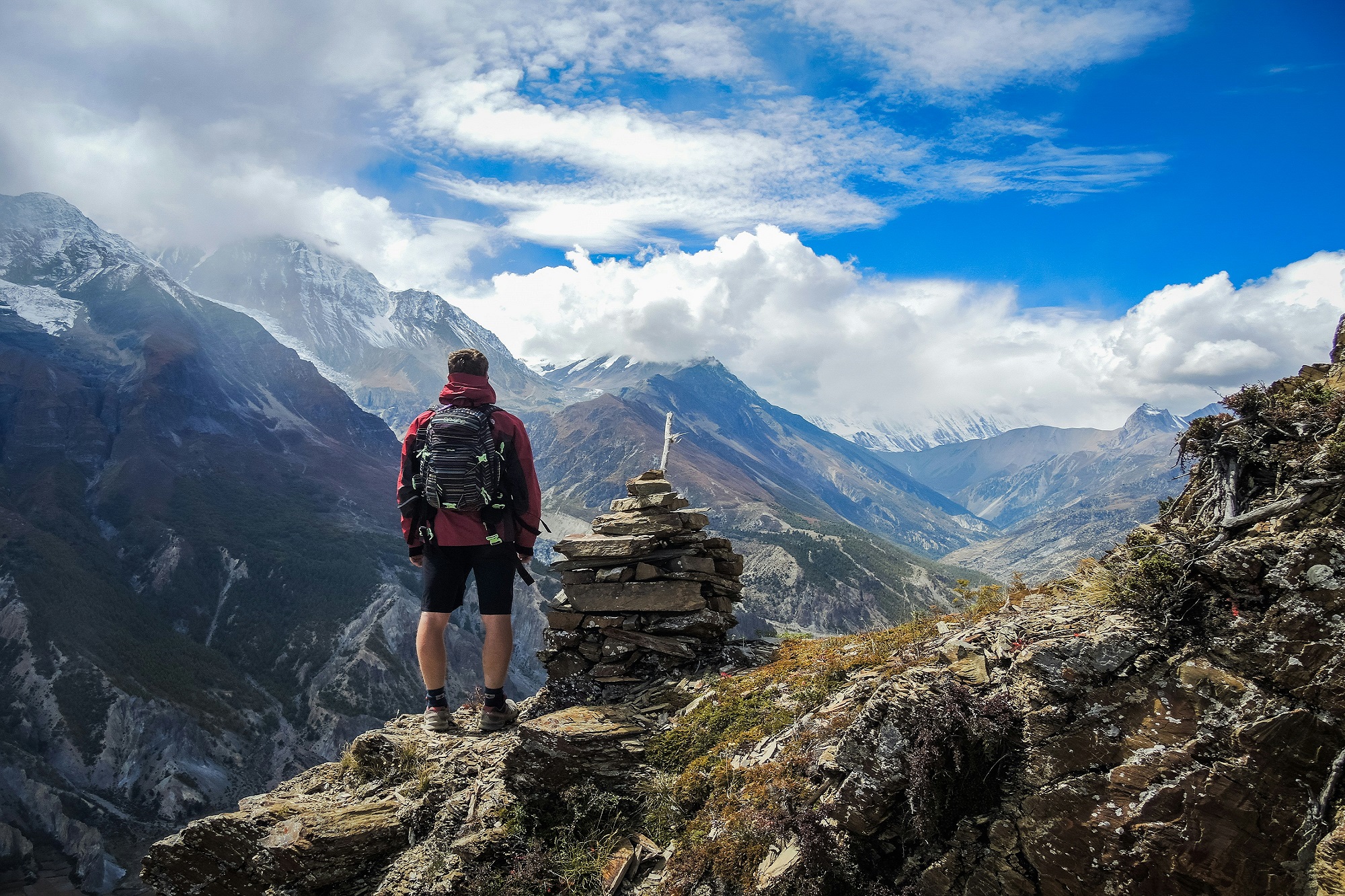Once considered unconventional or even risky, solo travel is now one of the fastest-growing trends in the travel world. Whether it’s backpackers trekking through Southeast Asia, remote workers hopping between European cities, or retirees finally taking that dream trip alone, more and more people are packing their bags and setting off by themselves.
But what’s behind the rise of solo travel? Why are so many choosing solitude over a group getaway? Let’s dive into the reasons this trend is booming—and why it might be worth considering for your next adventure.
1. Freedom and Flexibility
One of the biggest draws of solo travel is total freedom. You can plan your itinerary exactly the way you want—whether that means sleeping in, eating street food every day, or spending hours wandering a museum without anyone rushing you.
There’s no need to compromise with travel companions or coordinate schedules. If you change your mind or stumble upon a hidden gem, you can pivot on the spot. That kind of spontaneity is a solo travel superpower.
2. A Journey of Self-Discovery
Traveling alone forces you out of your comfort zone. You navigate unfamiliar streets, meet strangers, and make decisions on your own. It’s empowering—and often transformative.
Many solo travelers describe the experience as a deep personal journey. You’re free from daily roles and responsibilities, which creates space for reflection, growth, and even healing. Whether you’re celebrating a milestone or recovering from a breakup, solo travel can be a powerful reset.
3. More Accessible Than Ever
Technology has made solo travel easier and safer than ever before. With smartphones, translation apps, GPS, and instant access to reviews and bookings, planning and navigating a solo trip is no longer a logistical nightmare.
Social media and travel forums also help travelers connect, share tips, and find community on the road. You might leave home alone, but that doesn’t mean you’ll be lonely.
4. The Rise of Remote Work and Digital Nomadism
With more people working remotely, the lines between travel and daily life are blurring. Many remote workers are choosing to explore the world while working from cafes or coworking spaces in cities across the globe.
Solo travel fits perfectly into this lifestyle. Without office constraints or permanent roots, individuals are free to travel on their own timelines, often solo. It’s not just a vacation—it’s a new way of living.
5. Changing Social Norms
There used to be a stigma around solo travel—especially for women. But those attitudes are shifting. Traveling alone is now seen as adventurous, bold, and even aspirational.
Women in particular are leading this movement, with solo female travel becoming increasingly common and supported by blogs, books, and safety resources. More and more, society is embracing the idea that you don’t need a partner or group to enjoy the world.
6. Meeting People Along the Way
Ironically, going solo often leads to deeper social connections. When you’re alone, you’re more approachable and more likely to strike up conversations with locals or fellow travelers.
From hostel common rooms to group tours and meetups, solo travel offers countless opportunities to meet people from all walks of life. These chance encounters often lead to friendships—or even love—that might never have happened in a group setting.
Final Thoughts: Is Solo Travel for You?
Solo travel isn’t for everyone—but it’s worth considering at least once. The personal growth, freedom, and unique experiences it offers are hard to match.
If you’re feeling stuck, seeking adventure, or simply want to do things on your own terms, a solo trip might be the perfect next step.
So where would you go if you had no one else to answer to?


